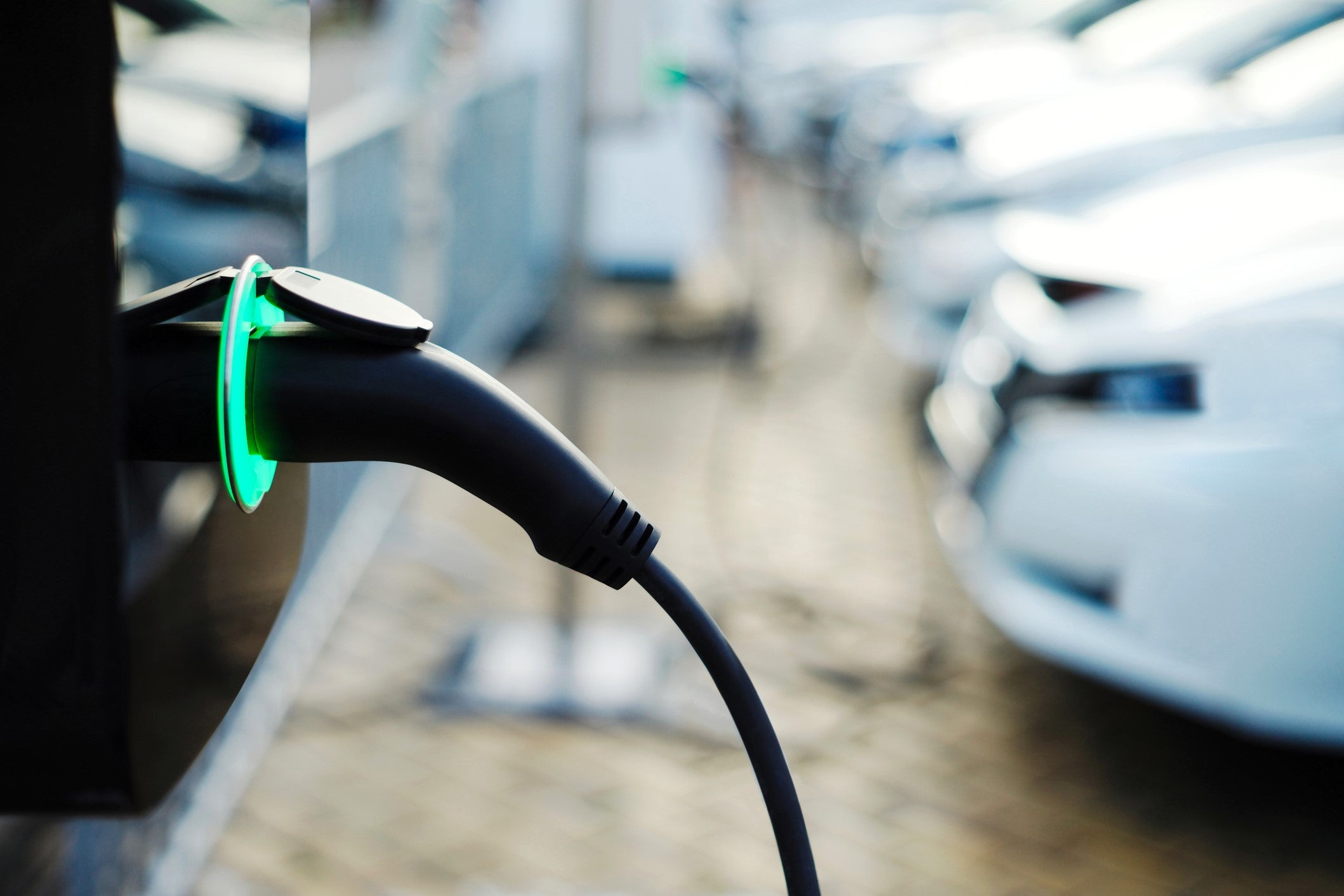Scientists build battery that can charge in seconds
Breakthrough battery can be used in everything from electric cars to smartphones

Your support helps us to tell the story
From reproductive rights to climate change to Big Tech, The Independent is on the ground when the story is developing. Whether it's investigating the financials of Elon Musk's pro-Trump PAC or producing our latest documentary, 'The A Word', which shines a light on the American women fighting for reproductive rights, we know how important it is to parse out the facts from the messaging.
At such a critical moment in US history, we need reporters on the ground. Your donation allows us to keep sending journalists to speak to both sides of the story.
The Independent is trusted by Americans across the entire political spectrum. And unlike many other quality news outlets, we choose not to lock Americans out of our reporting and analysis with paywalls. We believe quality journalism should be available to everyone, paid for by those who can afford it.
Your support makes all the difference.Scientists have developed a battery capable of charging in just a few seconds.
A team from South Korea made the breakthrough with next-generation sodium batteries, which are both cheaper and safer than the conventional lithium-ion batteries found in smartphones and electric cars.
Sodium (Na) is also 500 times more abundant than lithium, while also holding the potential for greater charge and efficiency than its Li-ion counterpart.
Until now, Na-ion batteries have faced limitations preventing them from being adopted on any significant scale, including long charging times and a lack of storage capacity.
Researchers from the Korea Advanced Institute of Science and Technology (KAIST) were able to overcome these issues by developing a high-energy, high-power sodium-ion battery capable of rapid charging.
They did this by integrating materials typically used in batteries with those suitable for supercapacitors, which are found in everything from regenerative braking systems in electric cars, to adjusting the pitch of a wind turbine’s rotor blades.
The new battery surpasses the energy density of commercial lithium-ion batteries and could be used in both EVs and consumer electronics.
“The hybrid sodium-ion energy storage device [is] capable of rapid charging and achieving an energy density of 247 Wh/kg and a power density of 34,748 W/kg,” said Professor Jeung Ku Kang from KAIST’s department of materials science and engineering, who led the research.
“[It] represents a breakthrough in overcoming the current limitations of energy storage systems,” he added, saying that he anticipated it would have “broader applications across various electronic devices”.
The research was published in the journal Energy Storage Materials, in a study titled ‘Low-crystallinity conductive multivalence iron sulfide-embedded S-doped anode and high-surface area O-doped cathode of 3D porous N-rich graphitic carbon frameworks for high-performance sodium-ion hybrid energy storages’.
The breakthrough comes just weeks after a team of researchers in Japan discovered a new process for mass producing solid-state sodium batteries.
The new technology could potentially eliminate range anxiety by significantly improving the charging capacity of electric car batteries, and more than doubling the range of current EVs.
Join our commenting forum
Join thought-provoking conversations, follow other Independent readers and see their replies
Comments